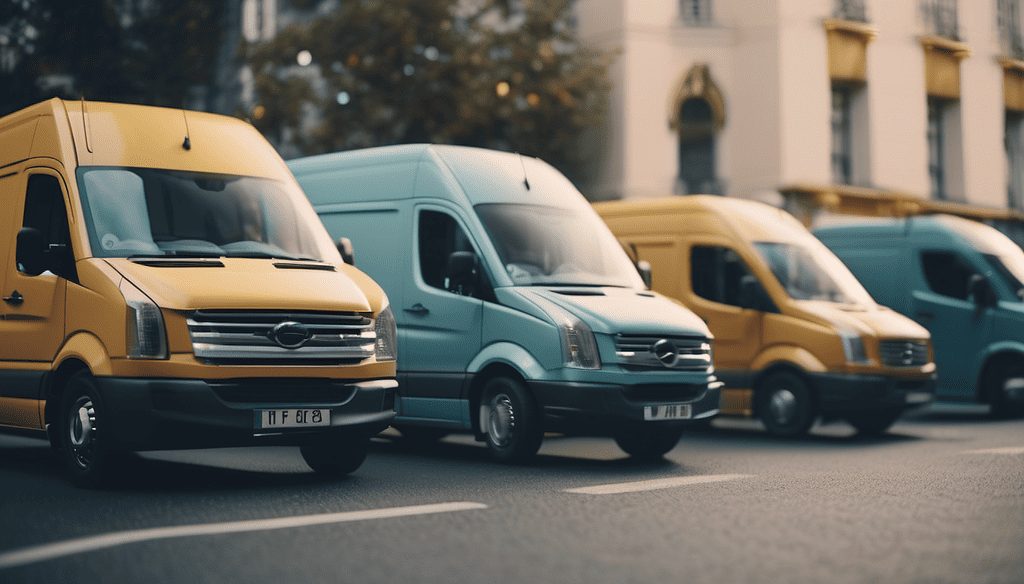5 Things Most People Get Wrong About Autonomous Vehicles
For years experts have been telling us that autonomous vehicles were about to take over the market. The reality is that their impact has still yet to felt. And its certainly not a given that they ever will replace drivers. Here are 5 things that most people get wrong about autonomous vehicles:
1. Autonomous vehicles will become ubiquitous within the next few years.
While the technology for autonomous vehicles is rapidly advancing, it is still in its early stages of development. There are many challenges that need to be overcome before autonomous vehicles can become a reality for the masses, such as dealing with complex road conditions, unpredictable weather, and the behavior of other drivers. It is more likely that autonomous vehicles will be integrated into our transportation system gradually, starting with specific applications such as ride-hailing and long-haul trucking.
2. Autonomous vehicles will be safer than human-driven vehicles.
While autonomous vehicles have the potential to eliminate human error, which is a major cause of accidents, they will also introduce new safety risks, such as software glitches and hacking. Additionally, autonomous vehicles will need to interact with human-driven vehicles, which will require new safety protocols and infrastructure. It is likely that autonomous vehicles will initially have lower accident rates than human-driven vehicles, but the gap between the two may narrow over time.
3. Autonomous vehicles will eliminate jobs.
While the trucking industry is likely to be one of the hardest hit by autonomous vehicles, the overall impact on employment is still uncertain. Some experts believe that autonomous vehicles will create new jobs, such as technicians who maintain and repair the vehicles and data scientists who analyze the vast amount of data generated by autonomous vehicles. Additionally, autonomous vehicles could free up people’s time to do other things, such as working remotely or pursuing leisure activities.
4. Autonomous vehicles will democratize transportation.
Autonomous vehicles have the potential to make transportation more accessible to people who cannot drive, such as elderly people and people with disabilities. However, there are concerns that autonomous vehicles will be too expensive for many people to own or use, especially if they are only available through ride-hailing services. Additionally, autonomous vehicles could exacerbate existing transportation inequalities by disproportionately benefiting people in urban areas with better infrastructure.
5. Autonomous vehicles will solve all of our transportation problems.
Autonomous vehicles are a promising technology with the potential to improve transportation safety, efficiency, and accessibility. However, they are not a panacea for all of our transportation problems. We will still need to address other issues, such as traffic congestion, air pollution, and the need for sustainable transportation options.



